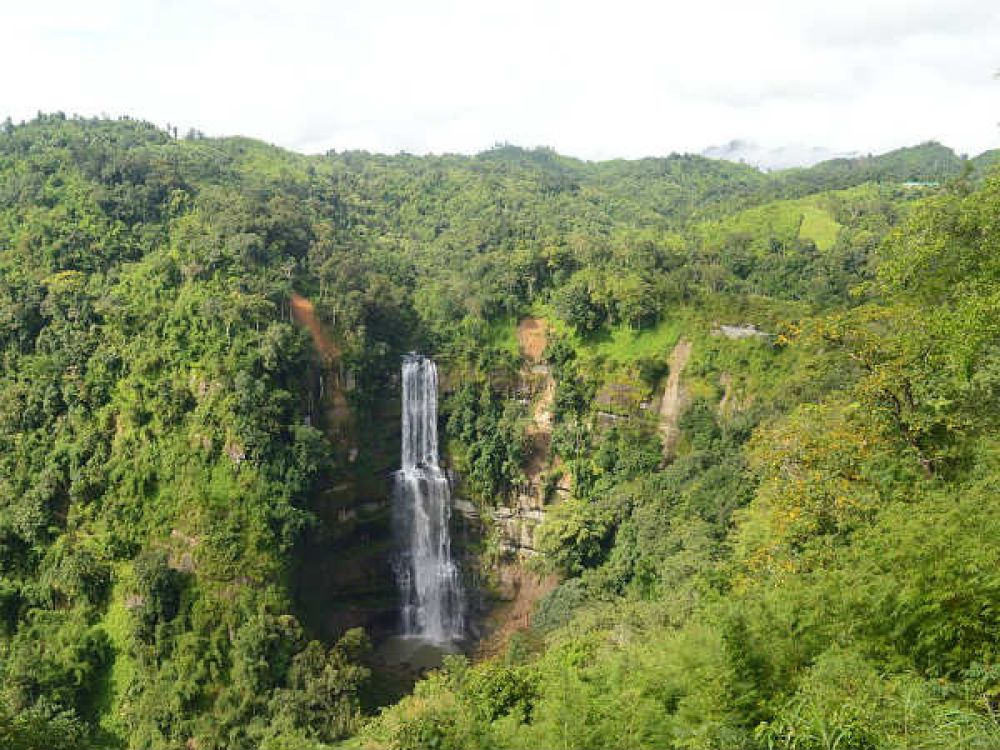

Nestled in the heart of the northeast Indian state of Mizoram, Serchhip is a district acclaimed for its scenic landscapes and rich cultural heritage. The history of tourism in Serchhip is intertwined with the overall development of tourism in the state of Mizoram.
Tourism in Serchhip, as with the rest of Mizoram, started gaining prominence in the late 20th century. Due to its remote location and until then, Serchhip was relatively untouched and undiscovered by tourists. However, the enchanting beauty of its lush hills and rivers slowly began to attract the attention of travelers seeking serene and unexplored destinations.
Initiatives by the Mizoram government to promote the natural and cultural bounty of the state in the early 1990s, led to the gradual development of infrastructure to support tourism in the region. The introduction of the Inner Line Permit (ILP) system, although a regulatory measure, also served as a way to manage and facilitate tourist entry into the state, including Serchhip.
The cultural aspects of Serchhip, particularly the lifestyles of the Mizo people, their traditional dances, music, and vibrant attire, became focal points of interest. Additionally, natural attractions such as the Vantawng Falls, the highest waterfall in the state, and the Chhingpuii Thlan or Chhingpuii's grave, which represents a tragic love story, are also key parts of Serchhip's tourism appeal.
The latest trends in Serchhip's tourism landscape reflect an increasing desire for ecotourism and sustainable travel. Tourists are looking for experiences that are environmentally responsible, culturally respectful, and economically beneficial to local communities. As a response, local authorities and tourism service providers are exploring ways to offer such experiences.
Community-based tourism initiatives have started to rise, and travelers have the opportunity to stay in homestays and participate in local festivities and day-to-day activities, providing a genuine peek into the Mizo way of life, ensuring that tourism benefits are well distributed among the locals.
Another trend is the growing popularity of adventure tourism. Serchhip with its hilly terrains, rivers, and caves is becoming a hotspot for trekking, river rafting, and spelunking, attracting adventure enthusiasts from around the globe.
The future of tourism in Serchhip looks optimistic with plans to develop better connectivity, more hospitality establishments, and to enhance the visibility of Serchhip’s myriad attractions. Emphasis is also being laid on preserving the ecological balance while promoting tourism, highlighting the region's commitment to responsible tourism practices.
With its mix of cultural richness and natural splendor, Serchhip is becoming a new beacon of sustainable tourism in the northeast region of India.